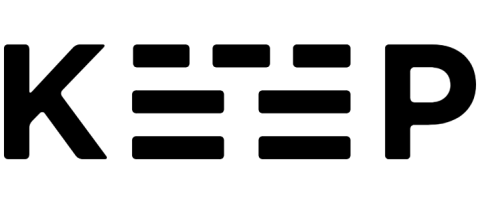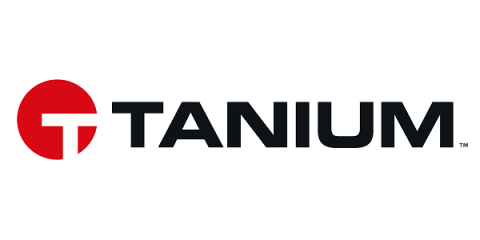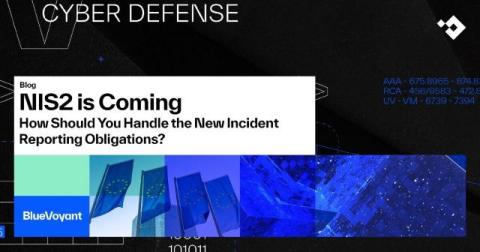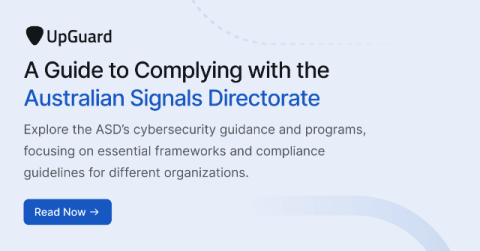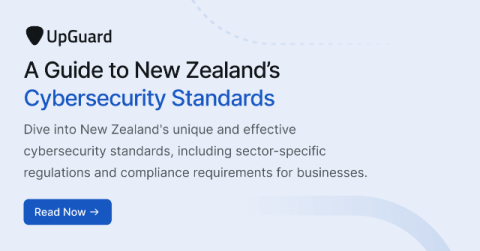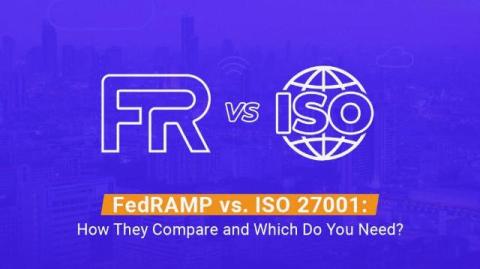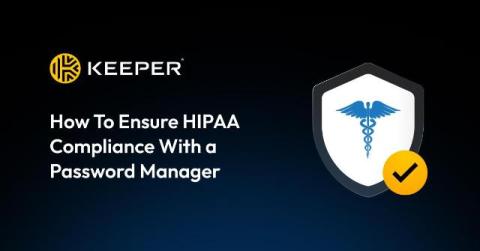NIS2 vs SOC2 - Core Differences
The NIS2 Directive is the EU-wide legislation on cybersecurity that came into force in 2023, following rules introduced in 2016 (NIS). NIS2 expanded the scope of sectors and entities who need to (legally) comply with the framework. The increased scope aimed to cover the “most” critical sectors, which are vital for the economy and society, though are heavily reliant on IT.


